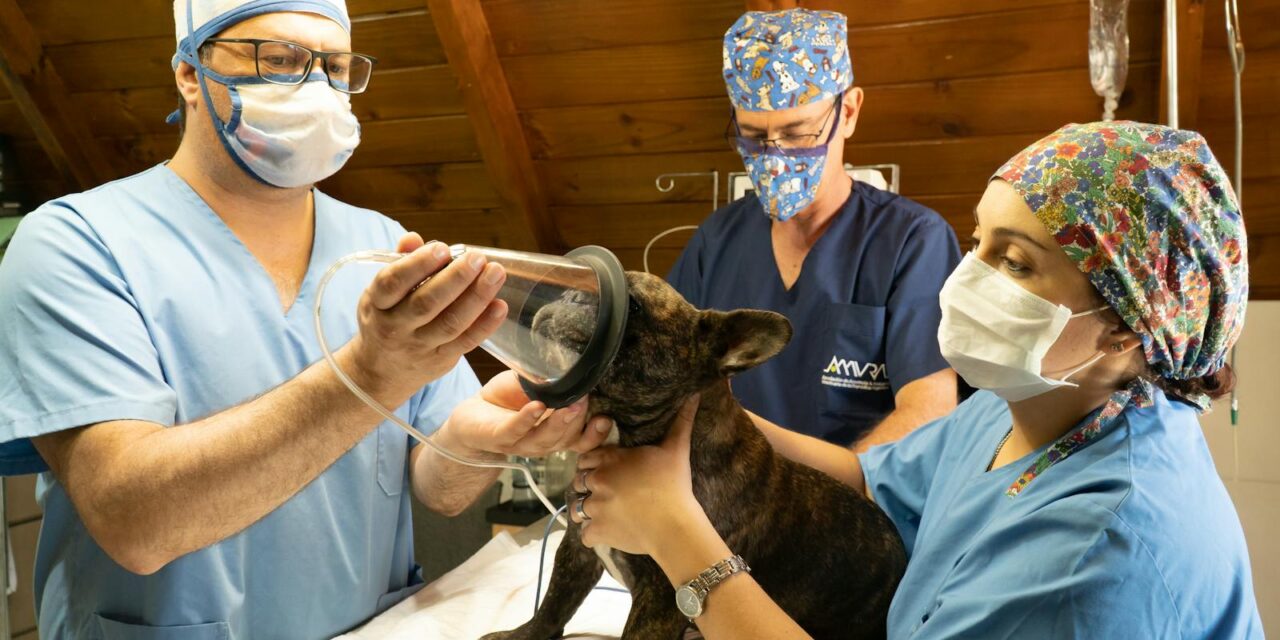The British Veterinary Nursing Association (BVNA) has released preliminary results from its first-ever survey of the veterinary nursing profession.
These findings were shared to mark the opening of the BVNA’s annual Congress, with the full report expected by the end of 2024. The survey highlights key issues within the profession, including the misuse of the ‘veterinary nurse’ title and concerns about the underutilisation of trained skills.
One of the most notable findings is that more than half of the respondents reported knowing someone using the ‘veterinary nurse’ title without being properly qualified or regulated. Additionally, over a quarter of respondents stated that they are not using all the practical skills they have been trained to carry out in practice.
The BVNA undertook this survey to gather insights into how veterinary nurses feel about their profession, its current challenges, and its future direction. The data will be used to inform stakeholders and policymakers, such as the UK Government, the Department for Environment, Food and Rural Affairs (Defra), and the Royal College of Veterinary Surgeons (RCVS). These findings will also influence the BVNA’s ongoing campaigns, including its push for legal protection of the ‘veterinary nurse’ title.
Misuse of the Veterinary Nurse Title and Other Concerns
The survey results reveal several concerns within the profession. A significant issue is the inappropriate use of the ‘veterinary nurse’ title, with 52% of respondents knowing someone who is referred to as a veterinary nurse without the necessary qualifications or regulation. This has raised concerns about transparency, client trust, and animal welfare.
BVNA President Lyndsay Hughes emphasised the importance of safeguarding the title to maintain trust in those providing care for animals. “In the strongest terms, we feel that in order to safeguard animal welfare, along with transparency and client trust over those providing care for their pets, this title must be reserved solely for those who are properly qualified and regulated,” Hughes said.
Hughes also urged veterinary practices to consider how their non-qualified team members are portrayed to both colleagues and the public, suggesting that positive changes can still be made at the practice level ahead of legislative reform.
Underutilisation of Veterinary Nurses’ Skills
Another concern raised by the survey is that over a quarter of respondents felt they are not fully utilising the practical skills they have been trained for. This indicates a potential gap between training and practice, with some veterinary nurses not being delegated tasks that fall within their scope of training.
Further, the survey revealed that 47% of respondents reported that their confidence in performing Schedule 3 tasks – tasks that can be delegated to veterinary nurses – depends on the specific task. This suggests a need for additional training to boost confidence in carrying out these duties. The BVNA intends to explore these issues further in its full report, with the aim of encouraging veterinary practices to better utilise the skills of their nursing staff.
The survey also highlighted concerns about compensation within the profession. Over a third of registered veterinary nurse (RVN) respondents stated that their salary does not fairly reflect their responsibilities. This points to an ongoing issue of wage disparity in the veterinary nursing field, which the BVNA plans to address in its upcoming report.
Next Steps for the Veterinary Nursing Profession
The BVNA’s full report will be published by the end of 2024 and will include a detailed analysis of these issues, alongside recommendations for the profession, stakeholders, and policymakers. In the meantime, the BVNA continues its lobbying efforts to protect the veterinary nurse title and support the professional development of veterinary nurses.
Hughes concluded by expressing optimism about the future of the profession and the impact of the survey results. “I hope readers find these initial results insightful; we look forward to sharing the full survey findings later in 2024,” she said.








